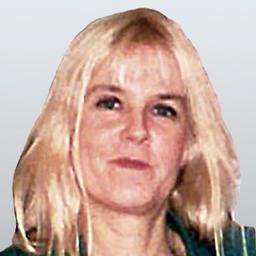More than two-thirds of U.S. adults are now overweight and it is fair to say that almost all of them overeat. Now pharma marketers have made overeating a real disease that can be treated with a real medicine.
Binge Eating Disorder, for which the FDA recently approved the drug Vyvanse, now appears in the Diagnostic and Statistical Manual of Mental Disorders (DSM).






